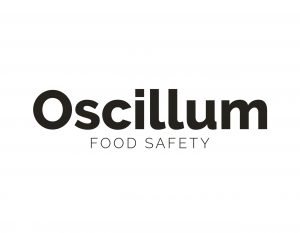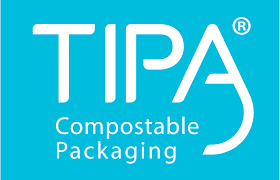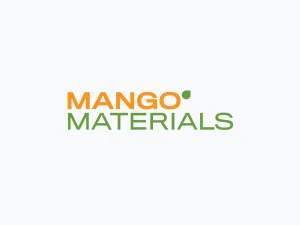Packaging plays a significant role in global waste and sustainability. Only 9% of plastic is recycled correctly. There is a growing demand for change as consumers become more aware of the environmental impacts of non-sustainable packaging.
The regulation also plays a significant role in the rising demand for sustainable packaging. Some of the largest organizations and nations have passed legislation to this effect. For instance, in Spain, the new environmental tax for non-reusable plastic packaging starts on January 1, 2023,
Legislation like this can act as a trigger that pushes companies to work immediately.
Advances in technology have allowed companies to develop more sustainable alternatives to packaging. From bioplastics made from algae, bamboo, or mushrooms, being compostable or edible packaging, to intelligent and active packaging solutions, these new alternatives create a sustainable environment that has the potential to reduce food waste, enhance food safety and food quality, decrease plastic consumption, preserve food freshness, among others.
According to Green View Research, the Green Packaging Market was valued at USD 229.46 billion in 2021, and It is expected to reach USD 409.2 billion by 2030, growing at a CAGR of 7.5% during the forecast period. These data show growth potential for the industry, helping reduce the environmental impact of packaging, and promoting a circular economy.
Discover 5 sustainable packaging startups pioneering innovative alternatives in the food packaging industry
Notpla is a startup that creates all-natural packaging solutions made from seaweed and plants that are naturally biodegradable and home-compostable, just like a piece of fruit. Following the mission of “making packaging disappear ¨.
Notpla’s packaging can be composted within a few weeks, reducing the environmental impact of packaging waste. Their
Notpla has been announced as the winner of Prince William’s Earth shot Prize, in the category of ‘Build a Waste-Free World’!

Oscillum is a startup that has developed innovative biotechnology for real-time food freshness, quality, and safety monitoring. Their smart labels use the colorimetric method, which allows the consumer to easily identify the state of the food in the package with a simple glance.
This technology has been implemented in food packaging labels and has demonstrated great results, with a reduction of over 25% in food waste in the retail sector. This innovative solution helps consumers make informed decisions about the food they buy but also helps to reduce food waste and contribute to a more sustainable food system.

Apeel is a foodtech startup that develops an edible coating to extend the shelf life of fresh products. The layer is made from the skins and peels of fruits and vegetables, which would otherwise be discarded as waste. By slowing down the rate of oxidation and evaporation, the coating helps to keep the product fresh for longer periods, reducing food waste and helping the environment.

TIPA is a company that produces fully biodegradable, compostable, and flexible packaging for the food industry that mimics the qualities of conventional plastic. The company offers food-grade packaging for a wide range of products including fresh produce, dry food, baked goods, chilled products, and frozen food.
TIPA’s compostable packaging is not only suitable for food products but also for other non-food items such as garments and accessories. TIPA’s packaging can be a great alternative to conventional resealable bags and offers a safe and sustainable way to transport and protect products.

Mango Materials is a startup that makes bioplastics from methane gas. They make PHA, a type of polyester that can be produced naturally by bacteria and other life forms. This material can biodegrade in different environments including oceans. All their products are designed to minimize their impact on the planet and contribute to a truly circular economy.
To sum up, the food packaging industry is facing important pressures to become more sustainable. Sustainable packaging startups like Notpla, Oscillum, Apeel, TIPA, and Mango Materials are leading the way in developing innovative and environmentally friendly packaging alternatives.
These are only some examples of projects that are using cutting-edge technologies to reduce waste and protect the planet, and their solutions are already showing promising results. Bioplastics, edible packaging, and packaging made from waste materials are some of the solutions that are helping to reduce the environmental impact.
The packaging industry is undergoing innovation and change, thanks to rising startups with new innovative solutions.
Do you want to know more about disruptive foodtech startups? Click here to learn about how 7 startups are transforming the industry using AI.

